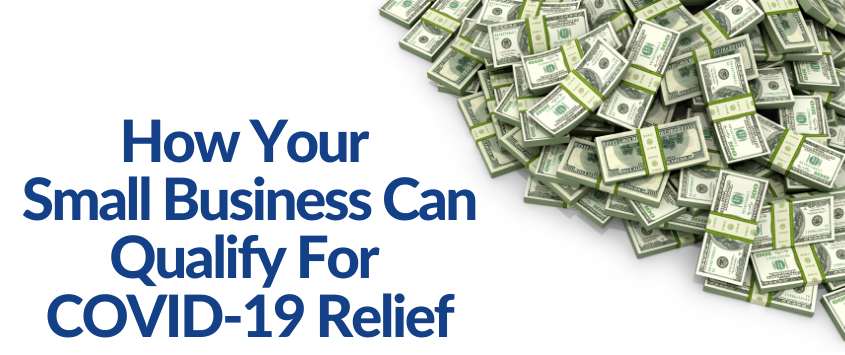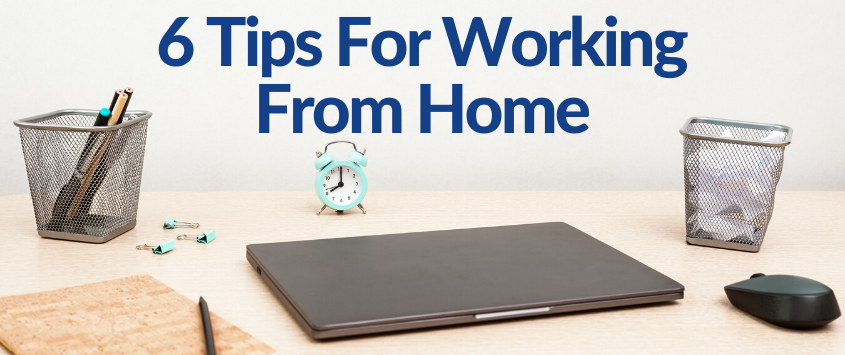How Your Small Business Can Qualify For COVID-19 Relief
The United States Senate legislated the Coronavirus Aid, Relief, and Economic Security Act (CARES Act), geared toward providing financial support to the American public and American businesses in light of the economic fallout from the coronavirus (COVID-19) pandemic.
A principal component of the CARES Act is the allowance of $349 billion for small businesses through federally supported loans under an amended and broadened Small Business Administration (SBA) 7(a) loan guaranty program known as the Paycheck Protection Program.
Below, the tax experts at Donohoo Accounting Services address some of the fundamental elements of the CARES Act.
Critical Aspects of the CARES Act
Eligible businesses comprise:
- Businesses with as many as 500 employees or which meet the appropriate size standard for the industry as stipulated by SBA’s current requirements.
- Businesses in the food services and accommodation industries that exceed one physical location but contain less than 500 employees at each location.
- Nonprofit organizations
- Approved sole proprietors and independent contractors.
- Loans will be accessible across SBA and Treasury accepted banks, credit unions, and select nonbank lenders.
- Borrowers can withdraw loans 2.5 times their monthly payroll expenses, not to exceed $10 million.
Which businesses are eligible for the Paycheck Protection Program?
Based on the wording of the bill, typically, any business active on February 15, 2020, with less than or equal to 500 employees (or that meets the appropriate size benchmark for the industry as required by SBA’s existing regulations) qualifies.
What is the maximum loan value that a business can accept through the Paycheck Protection Program?
Each business can accept the lesser of $10 million or a total of 2.5 times the average total monthly payroll expenses for the previous year.
What can a business use loans for?
Businesses can leverage funds from the Program loans to meet costs involving:
- Payroll costs, including remuneration to employees; disbursements for vacation, family, parental sick or medical leave; payments due to termination; payments necessary for group health care benefits, retirement benefits, and local and state employment taxes
- Interest payments concerning any mortgage obligations or additional debt obligations sustained prior to February 15, 2020 (excluding any payments or prepayments of principal)
- Rent
- Utilities
How does a business apply for a loan under the Paycheck Protection Program
Businesses can visit an authorized SBA 7(a) credit union, bank or lender, apply for a loan and be approved that very day. While there is no cost to apply for the loan, businesses will be charged a fixed interest rate.
What are the terms and conditions of Program loans?
The terms and conditions for a covered loan are identical to the relevant terms and conditions for conventional SBA 7(a) loans.
What documents must a lender require to provide a borrower loan forgiveness?
Documentation that confirms the number of full-time employees on payroll and pay rates for the periods designated under the reduction for loan forgiveness above. For example:
- Payroll tax filings to the IRS, state payroll and SUTA filing
- Financial statements corroborating payment on debt obligations sustained prior to the covered period
- And, any additional documents the SBA may request
Ready to discover what tax credits you or your business qualify for? Call Donohoo Accounting Services today at 513-528-3982 for a FREE consultation! For more tips and our latest updates, check us out on Facebook, Twitter or LinkedIn!







